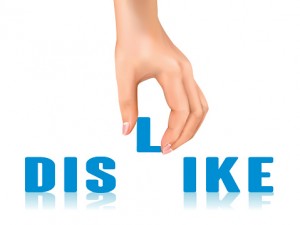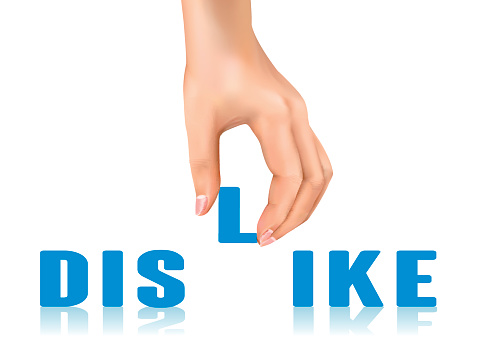
Online Career Tips Contributors
Whether you publish or comment in social media, the reactions you receive from other users range from appreciative to antagonistic to suggestive. Social media comments are comparable to the quote from the Tom Hanks movie Forrest Gump: “You never know what you’re gonna get.”
Positive comments in social media benefit you by providing unique insights into your customers. You create online dialogues with your customers, reassure them that you’re listening to their concerns, and build relationships. Understanding your customers and responding to their needs helps to convert your customers into active advocates for you and your business.
Some social media users have different goals, saying anything just to provoke online reactions. Their motives include starting scams, fights, or unprofessional romantic relationships.
With the public and long-lasting nature of social media, it’s important to remain calm and professional even when you encounter people who ignore good netiquette. Potential customers and employers may see what you’ve said online and make judgments about who you are and whether or not to do business with your company.
How you behave online is a reflection of your company, even if you’re not directly involved in your organization’s social media outreach. To preserve a high-quality online reputation, try these tips for handling less-than-positive social media reactions:
- Wait before responding to upsetting comments. It’s easy to get irritated and respond unprofessionally to comments, but remember that social media sites and search engines preserve what you say forever. Take your time and form a diplomatic answer so that your professional image remains untarnished to readers.
- Gauge other users’ intent by checking out messages they’ve posted. If their pattern involves consistent offensive behavior, ignore the message to avoid getting into an online conflict that others will see. If those users continually violate social media site policies, report or block them.
- Do your research before accepting LinkedIn connection requests from people you haven’t personally met. Some individuals use LinkedIn for nonprofessional purposes such as scams or non-business relationships. It’s best to do your research before you agree to the connection request. Check out their LinkedIn profile, Twitter account, blog and website, and ask mutual connections about that person’s character.
- If the situation involves customer service and social media, handle a negative commenter by asking to talk by phone or email. Site users will see that you care about pleasing your customers, and you resolve the problem in a private arena.
- If you make a mistake on social media and someone comments about it, acknowledge it promptly and explain what you’re doing to repair the problem. Sincerity quickly defuses volatile online battles that could catch the attention of news organizations or go viral.
Social media is an amazing opportunity to define your integrity, satisfy current customers, and attract new prospects. By handling any kind of comment with poise, you demonstrate a strong, positive personal brand.

Comments are closed.